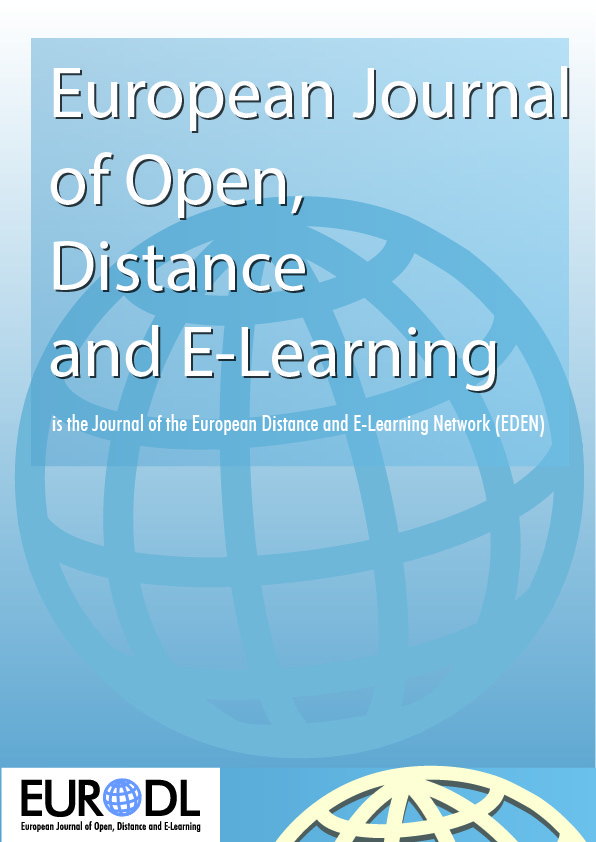A MOOC Taxonomy Based on Classification Schemes of MOOCs
A MOOC Taxonomy Based on Classification Schemes of MOOCs
Author(s): Tharindu R. Liyanagunawardena, Karsten Lundqvist, Steven Warburton, Richard Mitchell, Steven Warburton, Shirley A. WilliamsSubject(s): Social Sciences, Education, Higher Education
Published by: European Distance and E-Learning Network
Keywords: MOOC; taxonomy; classification
Summary/Abstract: In recent years there has been a significant growth in the number of online courses known as MOOCs available via online providers such as edX and Coursera. The result has been a marked reduction in the clarity around the different course offerings and this has created a need to reconsider the classification schemes for MOOCs to help inform potential participants. Many classifications have been proposed which cover the needs of academics and providers but may not be suitable for learners choosing a course. In this paper, the various classifications used by MOOC providers and aggregator services to categorise MOOCs in presenting information to prospective learners are gathered and analysed. As a result, 13 different categories are identified, which cover information provided to learners before entering a course. These categories are then compared and combined with classifications from the literature to create a taxonomy centred round eight terms: Massive (e.g. enrolments), Open (e.g. pre-requisites), Online (e.g. Timings), Assessment, Pedagogy (e.g. instructor-led), Quality (e.g. reviews), Delivery (e.g. educators), Subject (e.g. Syllabus). Thus, producing a taxonomy capable of categorising MOOCs from a wider perspective.
Journal: European Journal of Open, Distance and E-Learning (EURODL)
- Issue Year: 22/2019
- Issue No: 1
- Page Range: 85-103
- Page Count: 19
- Language: English

